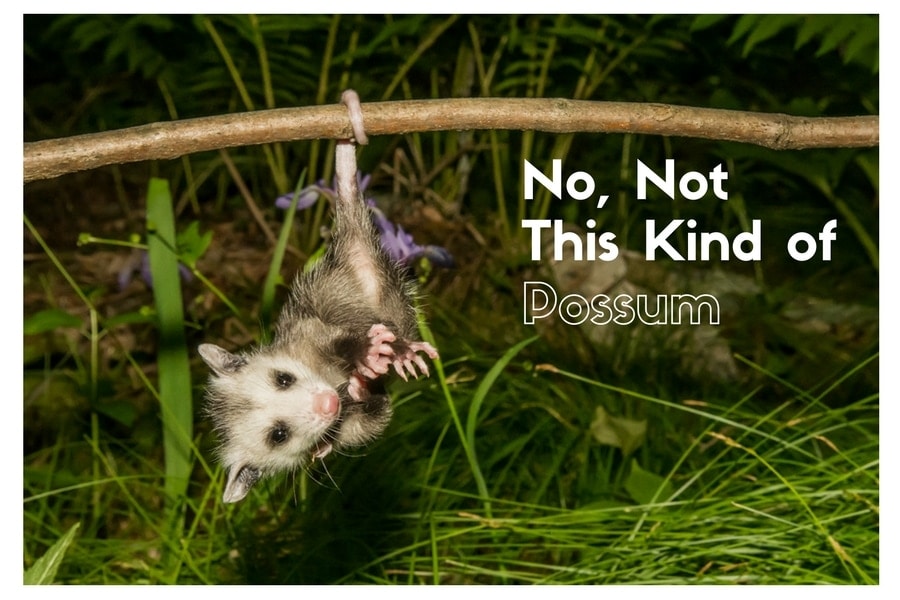Local SEO just got a huge update, and it’s called “Possum.” Possum, the latest critter in the Google animal algorithm menagerie is causing a stir. Currently, there’s a lot of variabilities in which business listings are showing up under the local SEO filter and the organic SERPs filter — and on which day. Some days you’re ranking, others it seems like your entry is “playing possum” noted Phil Rozek.
Search Engine Land’s Joy Hawkins took a very detailed look at what’s been going on for her clients since the Sept. 1 update. Here are our top-level takeaways.
1. It’s (Mostly) Good News for Suburban Businesses
Google’s location-based search filter has long taken a hard-line stance on city limits. Either you’re in, or you’re out. Consequently, it’s been very difficult for, say, a Pasadena car wash to rank in SERPs for a search for, say, “Los Angeles car wash.” That has changed for some businesses since the algorithm update. Hawkins points out one client who saw their ranking jump 21 spots from number 31 to number 10.
2. It’s Caused Some Distinct Entries to Be Consolidated
Hawkins calls the second change an increase in the filter “based on address and affiliation.” But for businesses that share a large building or a parent company with distinct divisions, what this really is, is a SERPs consolidation. A whole floor full of separate law LLPs might now show only the top hit in an initial search — with the other similar businesses in the same category at the same address being filtered out. However, if the search user zooms in, many of those filtered results are surfaced. In Hawkins’ example, a list of 16 personal injury attorneys grew to 61 with a pinch and zoom.
3. Search User Location Goes up in Importance
The location of the Google Search user appears to have been amplified with this latest update. Hawkins figured this out when a consulting client was obsessing over their disappearance in the Google 3-pack. It turns out that your computer’s physical location, whether you’re on a mobile or a desktop, is a critical factor in what results come up. If you aren’t in the same neighborhood as your prospective customers, you can mirror your desired location and see the results with this Bright Local tool.
4. Keyword Variations Are Returning SERPs Variations
This one is particularly frustrating. So far, it appears that search results for users are more variable post-update depending on the specific wording of a user’s search. Such that, “Detroit physical therapy,” “physical therapy Detroit,” and “physical therapy Detroit MI” will give you three different 3-pack arrangements of local results. For some terms, it’s more than a shell game — some businesses simply disappearing altogether from the 3-pack.
5. There’s a Disconnect Between Local and Organic
Hawkins cites several cases where it seems that the local SEO and organic SEO filters are less connected (and more independent) than they were before the update. Whether an organic search result for your company may show on the front page now has less to do with whether your business shows up in the coveted local search 3-pack, and vice versa. In the two examples Hawkins cited, this turned out to be a positive for the businesses, though there are likely some businesses that this is negatively impacting.
Conclusions
For businesses that depend on local search results getting customers in the door, to your website, and on the phone, now is the time to check in with an expert SEO firm, like Kaleidico. See if and how this is affecting your business and where to go from here. Hawkins notes that the day-to-day variability could be a sign that Google is still working out the kinks of its new update. However, the bigger picture is that the update changes are likely here to stay. Tracking, split-testing, and, eventually, optimizing your site to suit the new normal is a good plan to get started on.
Still have questions about Google Possum and its implications for your local SEO rankings? Call us at 313-338-9515 or email hello@kaleidico.com to learn how our full-service digital agency can help.
